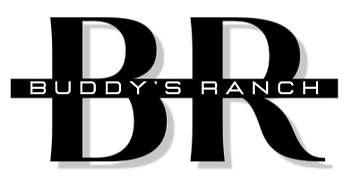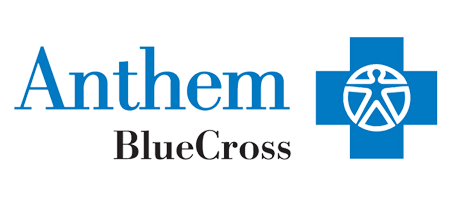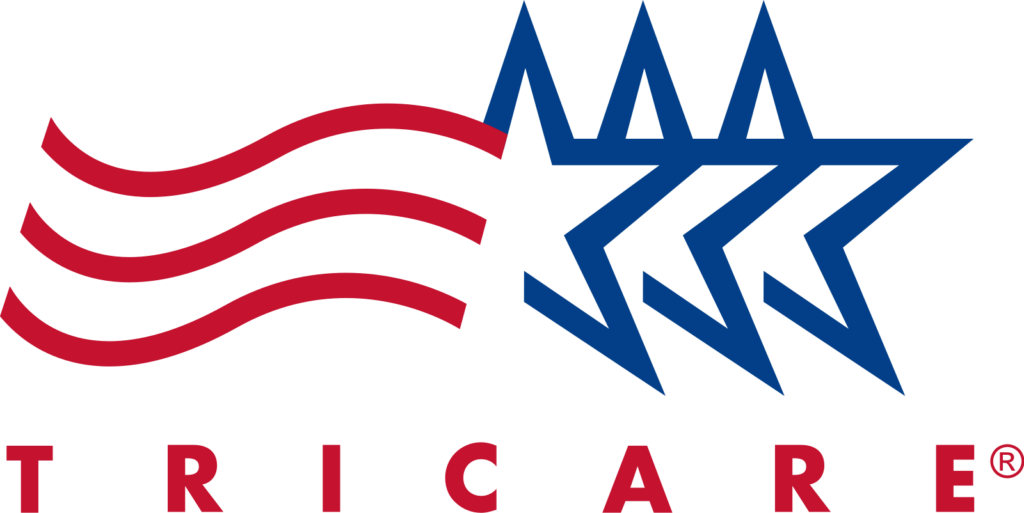table of contents
medical reviewer:
adam swanson, lmft
PTSD and Addiction Treatment
Living with unprocessed trauma can lead people to search for relief wherever they can find it, and sometimes that path includes drugs or alcohol. Post-traumatic stress disorder (PTSD) is one of the most common mental health conditions connected to substance use. People with PTSD may drink or use drugs to cope with flashbacks, anxiety, or emotional numbness, which can unintentionally deepen their trauma and dependence on substances.
Approximately half of individuals seeking SUD treatment meet criteria for current PTSD, and individuals with co-occurring disorders of PTSD and addiction tend to have worse treatment outcomes compared with those who are experiencing a single disorder. Treating PTSD and addiction or a substance use disorder (SUD) separately often leads to relapse, which highlights the importance of dual diagnosis care, an approach that treats both at the same time.
Overview of PTSD and Addiction Treatment
PTSD and addiction frequently co-occur, as individuals with unresolved trauma often use drugs or alcohol to cope with symptoms like flashbacks, anxiety, or emotional numbness, which can worsen both conditions. About half of those seeking substance use disorder (SUD) treatment also have PTSD, and treating these disorders separately often leads to relapse. Since PTSD and addiction affect overlapping brain regions involved in stress and reward, dual diagnosis treatment that addresses both simultaneously is crucial for effective recovery. Symptoms of PTSD can be subtle, including emotional numbness and sleep difficulties, and if left untreated, can increase the risk of substance use. Trauma-informed care, which creates a safe, nonjudgmental environment, is essential for healing. Buddy’s Ranch in Northern California offers gender-specific, evidence-based programs combining therapies like CBT and ACT, along with detox and residential support, aiming to help clients understand their trauma, develop emotional regulation, and sustain long-term sobriety.
How Trauma and Addiction Affect the Brain
Signs You Might Have PTSD and Not Know It
Not everyone with PTSD has flashbacks or nightmares. In fact, many people with trauma go years without realizing it’s at the root of their struggles. Common signs and symptoms of trauma include feeling emotionally numb, avoiding certain people or places, being easily startled, or having trouble sleeping. If you’ve experienced a disturbing event such as abuse, violence, a car accident, or serious loss, and start to notice these symptoms, it could be PTSD. Left untreated, these symptoms can increase the risk of substance use. Recognizing signs and symptoms early is the first step toward getting help and beginning your recovery journey.
Why Trauma-Informed Care Matters in Recovery
Trauma-informed care means understanding how past experiences shape current behaviors. It also means creating a safe, respectful space where people don’t feel judged or re-traumatized. Programs that use trauma-informed care can help clients feel more in control of their recovery, reduce shame, and build trust with their care team. This approach is especially important for clients with PTSD, as it supports emotional healing alongside addiction treatment.
How Buddy’s Ranch Can Help
- Cognitive Behavioral Therapy (CBT)
- Acceptance and Commitment Therapy (ACT)
- Psychoeducation
- Life skills development
- Individual and group therapy
FAQs about PTSD and Addiction
Trauma is a deeply distressing or disturbing experience that overwhelms an individual’s ability to cope, often leading to lasting emotional, psychological, or physical effects. It is caused by experiencing or witnessing a traumatic event that overwhelms a person’s ability to cope, such as military combat, physical or sexual assault, natural disasters, serious accidents, and childhood abuse. According to the National Institute of Mental Health, PTSD affects nearly 6% of U.S. adults at some point in their lives, and it is more common in those with repeated or severe trauma, especially if experienced at a young age. PTSD is treatable with trauma-informed care, therapy, and support.
Yes, childhood trauma is strongly linked to addiction later in life. Adverse Childhood Experiences (ACEs) — including neglect, physical or sexual abuse, and growing up with a parent battling addiction or mental illness — can disrupt healthy brain development and emotional regulation. These early traumas increase the risk of developing PTSD, anxiety, depression, and impulsive behavior, which are conditions that can make substance use feel like an appealing way to cope. The Centers for Disease Control and Prevention (CDC) reports that individuals with higher ACE scores are significantly more likely to engage in risky behaviors and experience substance use disorders in adulthood. Without early intervention or supportive environments, children who grow up in chaos or fear may turn to alcohol or drugs later in life to manage overwhelming emotions or block out painful memories.
There is no one-size-fits-all timeline for treating PTSD and addiction. Recovery depends on many factors, including the severity of the trauma, the length of substance use, co-occurring conditions, and individual motivation. In general, treatment may begin with detoxification, followed by residential or intensive outpatient care that includes trauma therapy, addiction counseling, and psychiatric support. Programs typically last from 30 to 90 days, but healing from PTSD and addiction often continues long after formal treatment ends. Recovery is rarely linear and is likely to involve setbacks, but many people learn to manage symptoms and lead fulfilling and joyful lives in recovery.
Yes, group therapy is a powerful tool for individuals with PTSD and addiction. It offers a safe, structured space where participants can share experiences, receive support, and learn from others facing similar struggles. Group therapy reduces feelings of isolation and shame, which are common in both PTSD and substance use. Specialized groups may focus on trauma recovery, relapse prevention, emotional regulation, or healthy relationship skills.
Treatment for PTSD and Addiction at Buddy’s Ranch
Reach out to our team today to learn more about our PTSD and addiction treatment services.
Contact
"*" indicates required fields
You can view our privacy policy here.










